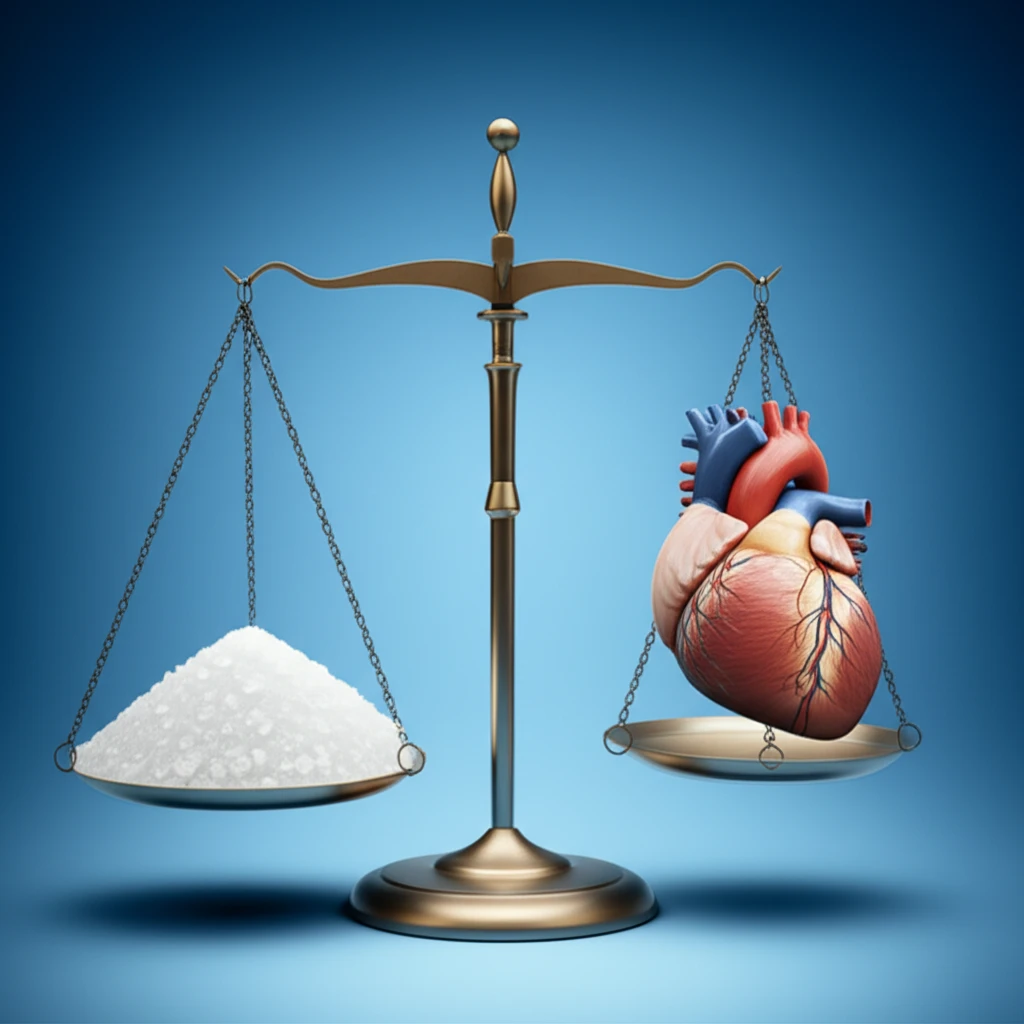
Salty Secrets: Are You Overdoing It?
"Uncover the truth about salt sensitivity, its hidden impacts, and how to strike the right balance for your health."
Salt, or sodium chloride, is essential for life, with a history deeply entwined with human civilization. From its crucial role in food preservation to its economic significance (even influencing the word 'salary'), salt has shaped our past. Today, the debate around salt's impact on health continues among experts.
High blood pressure, significantly influenced by sodium intake, is a leading global health concern. It contributes to millions of deaths and disabilities each year. Studies, such as the Intersalt study in 1988, have highlighted a link between sodium excretion and blood pressure, yet the strength of this connection varies across different populations.
While dietary sodium restriction can effectively lower blood pressure for those with hypertension, it may not benefit everyone. In fact, some research indicates that very low salt intake could be harmful for healthy individuals. The challenge lies in determining the optimal level of sodium intake that minimizes cardiovascular risks for everyone.
Salt Sensitivity: What It Is and Why It Matters

Salt sensitivity refers to how significantly an individual's blood pressure changes in response to changes in sodium intake. Some people are highly salt-sensitive, meaning their blood pressure rises noticeably with increased sodium consumption. Others exhibit little to no change.
- Age Matters: The study suggests that age plays a significant role in how our bodies respond to sodium.
- Night-Time Blood Pressure: Monitoring blood pressure at night is crucial, as it has the strongest association with cardiovascular outcomes.
- Individual Variability: Responses to salt intake vary widely, highlighting the need for personalized dietary advice.
Finding Your Salt Sweet Spot
Navigating the complexities of salt intake requires a balanced approach. While reducing sodium is generally recommended for those with hypertension, individual needs vary. Understanding your salt sensitivity, consulting with healthcare professionals, and staying informed are key to making the best choices for your health. Continue to monitor new therapies that target sodium homeostasis and natriuresis.
